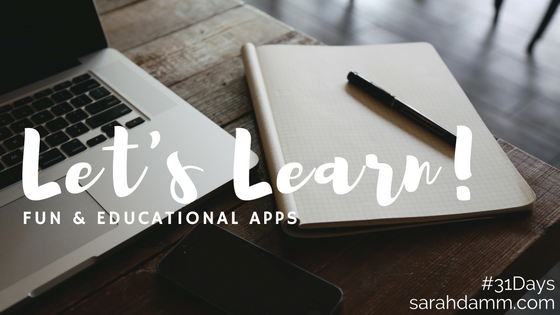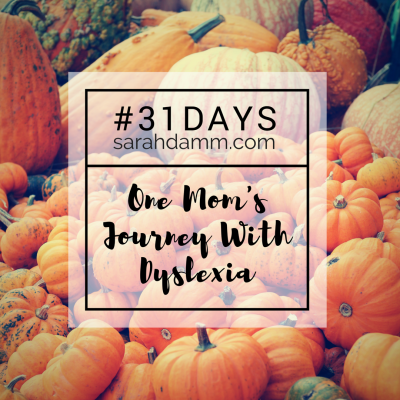
Day 20: #31 Days: Fun & Educational Apps
Technology has its pros and cons. Too much screen time is, well, too much and can affect concentration and sleep patterns. But technology can also be a great resource for children with Dyslexia. It gives them a break from writing, which can be a difficult and exhausting activity, and it allows them to use their brain in a different way—the way it was actually created to work.
There are many, many apps available to assist with spelling, reading, writing, and math. Here are just a few to check out:
Phonics Genius—This free app is designed to help students recognize and distinguish words by sounds. It has three learning modes and multiple quiz modes. There are thousands of words already loaded in the app, and there is also the ability to add your own cards and lists. You can also delete words you do not need. The app is fully customizable with font size and color, as well as speed between flashcards. It is a multi-sensory learning tool, combining audio and the written word.
Flashcards Deluxe—With this app, there is a free version with restrictions or a $4 version with more options. Both provide a great way to study just about any subject. You can create flashcards on the computer or app. It also has capabilities to integrate with Quizlet (see below). The great thing is that its smart study mode focuses on the cards you miss.
Quizlet—If you’re studying for a test or just need homework help, this is a powerful, interactive learning tool. Create your own flashcards or choose from millions created by other Quizlet users on thousands of subjects. App includes learning games, practice tests, and 18 languages to hear pronunciations. A great multi-sensory app!
ModMath—For a child with Dysgraphia, writing things out can be very difficult. The ModMath app allows students the opportunity to solve math problems without picking up a pencil. Math assignments can then be printed, saved through DropBox or emailed.
Dyslexia Quest—This is a fun game for $10 that tests memory and learning skills. Six games develop different learning abilities: working memory, phonological awareness, processing speed, visual memory, auditory memory, and sequencing skills. The app gives results from your playing—strengths and weaknesses—and suggests how to improve in learning areas. Multiple paths encourage replaying and the chance to improve skills.
Do you have a favorite learning app? If so, please share it in the comments below!
For a complete list of topics and links, visit the landing page for 31 Days: One Mom’s Journey With Dyslexia or click the square image below.
